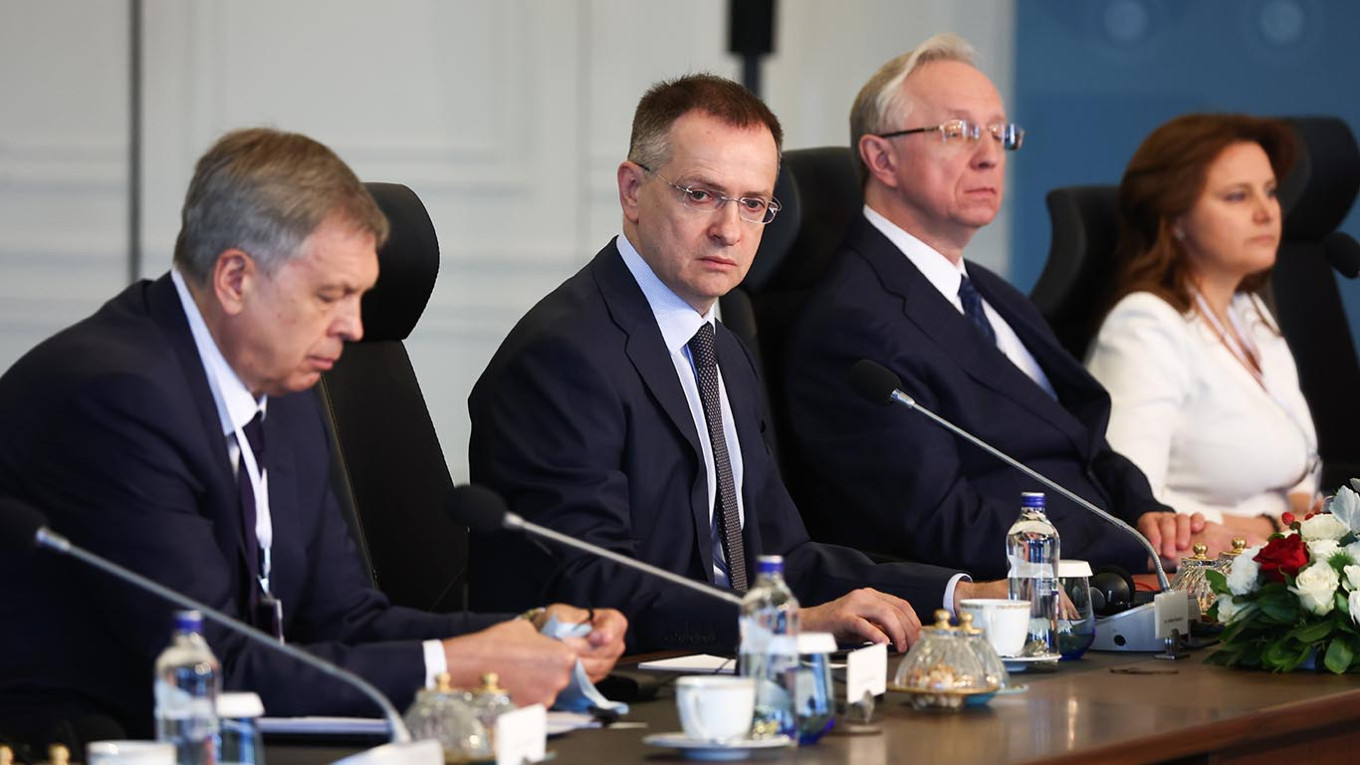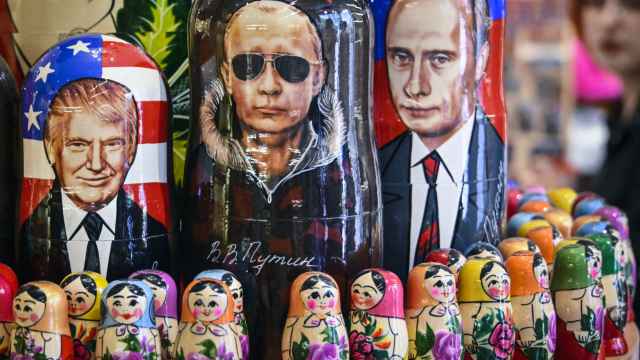Moscow and Kyiv presented their respective roadmaps for a potential peace settlement as they held a second round of direct talks in Istanbul on Monday.
The main points of disagreement remain the conditions for a ceasefire, as both sides continue military operations, as well as territorial disputes.
The Moscow Times looks at where Russia and Ukraine now stand on key issues in the negotiations:
Ceasefire
Ukraine has repeatedly said that an immediate and unconditional ceasefire on air, sea and land is essential for peace negotiations.
In its peace framework presented on Monday, Ukraine reiterated that it sees a “full and unconditional ceasefire” for at least 30 days as “a necessary background and prerequisite for peace negotiations.”
President Vladimir Putin has effectively ignored Ukrainian and Western calls for a 30-day ceasefire. He did, however, order a three-day ceasefire to mark the 80th anniversary of the Soviet Union's victory over Nazi Germany last month.
In its peace framework presented Monday, Russia said a ceasefire would depend on Kyiv’s full withdrawal from the Donetsk, Luhansk, Zaporizhzhia and Kherson regions.
"A 30-day ceasefire is to be established from the moment the withdrawal of Ukrainian Armed Forces begins," said the Russian memorandum published by state news agencies.
The second option presented by Moscow requires a halt to mobilization and start of demobilization, an end to foreign military aid and intelligence support to Ukraine and the withdrawal of all foreign military personnel and specialists from Ukrainian territory.
Both Russia and Ukraine proposed establishing a monitoring mission to oversee the ceasefire. However, Russia’s version envisions a “bilateral” monitoring center, while Ukraine suggested a ceasefire monitoring mission led by the U.S. and supported by third countries.
Territorial questions
In its memorandum, Russia calls for the "international legal recognition" of annexed Crimea, Luhansk, Donetsk, Zaporizhzhia and Kherson regions as part of Russia and demands the complete withdrawal of the Ukrainian military and other paramilitary units from these territories.
Ukraine has said it will never recognize its occupied territories as Russian and reaffirmed that territorial questions can be discussed “only after a full and unconditional ceasefire.”
Prisoner exchange
Ukraine called for the “unconditional return” of all forcibly deported and illegally displaced
Ukrainian children, the exchange of all prisoners and the “release by Russia of all civilian hostages.”
In its memorandum, Russia agreed on mutual amnesty for "political prisoners" and the release of detained civilians.
Military and NATO membership
Moscow’s memorandum insists that Ukraine be barred from all military alliances and calls for strict limits on Ukrainian military activity in the event of a truce, such as a ban on mobilization, halt to the flow of Western weapons and a ban on Ukrainian troop redeployment except for withdrawal from Russia’s borders.
The Russian peace roadmap also includes a clause on a mutual refusal to claim compensation for war-related damages.
Ukraine’s roadmap states that Kyiv should not be forced to be neutral, saying that Ukraine “can choose to be part of the Euro-Atlantic community and move towards EU membership. Ukraine’s membership in NATO depends on consensus within the Alliance.”
“No restrictions may be imposed on the number, deployment, or other parameters of the Armed Forces of Ukraine, as well as on the deployment of troops of friendly foreign states on the territory of Ukraine,” it said.
Political and economic issues
Ukraine said that it could lift some of its sanctions from Moscow, “but in stages and only gradually, with a mechanism for resuming sanctions if necessary.”
“Frozen Russian sovereign assets are used for reconstruction or remain frozen until reparations are paid,” Ukraine’s roadmap said.
Russia proposed a phased restoration of diplomatic and economic ties, including gas transit and transport links with Ukraine and the lifting of all existing and the rejection of new economic sanctions between the two countries.
Despite Zelensky signing a decree effectively banning negotiations with Putin, Ukraine’s peace framework also suggested that the leaders of Ukraine and Russia meet to agree on key aspects of a final peace settlement.
Moscow’s memorandum calls for presidential and parliamentary elections to be held in Ukraine no later than 100 days after Kyiv lifts martial law.
A Message from The Moscow Times:
Dear readers,
We are facing unprecedented challenges. Russia's Prosecutor General's Office has designated The Moscow Times as an "undesirable" organization, criminalizing our work and putting our staff at risk of prosecution. This follows our earlier unjust labeling as a "foreign agent."
These actions are direct attempts to silence independent journalism in Russia. The authorities claim our work "discredits the decisions of the Russian leadership." We see things differently: we strive to provide accurate, unbiased reporting on Russia.
We, the journalists of The Moscow Times, refuse to be silenced. But to continue our work, we need your help.
Your support, no matter how small, makes a world of difference. If you can, please support us monthly starting from just $2. It's quick to set up, and every contribution makes a significant impact.
By supporting The Moscow Times, you're defending open, independent journalism in the face of repression. Thank you for standing with us.
Remind me later.







